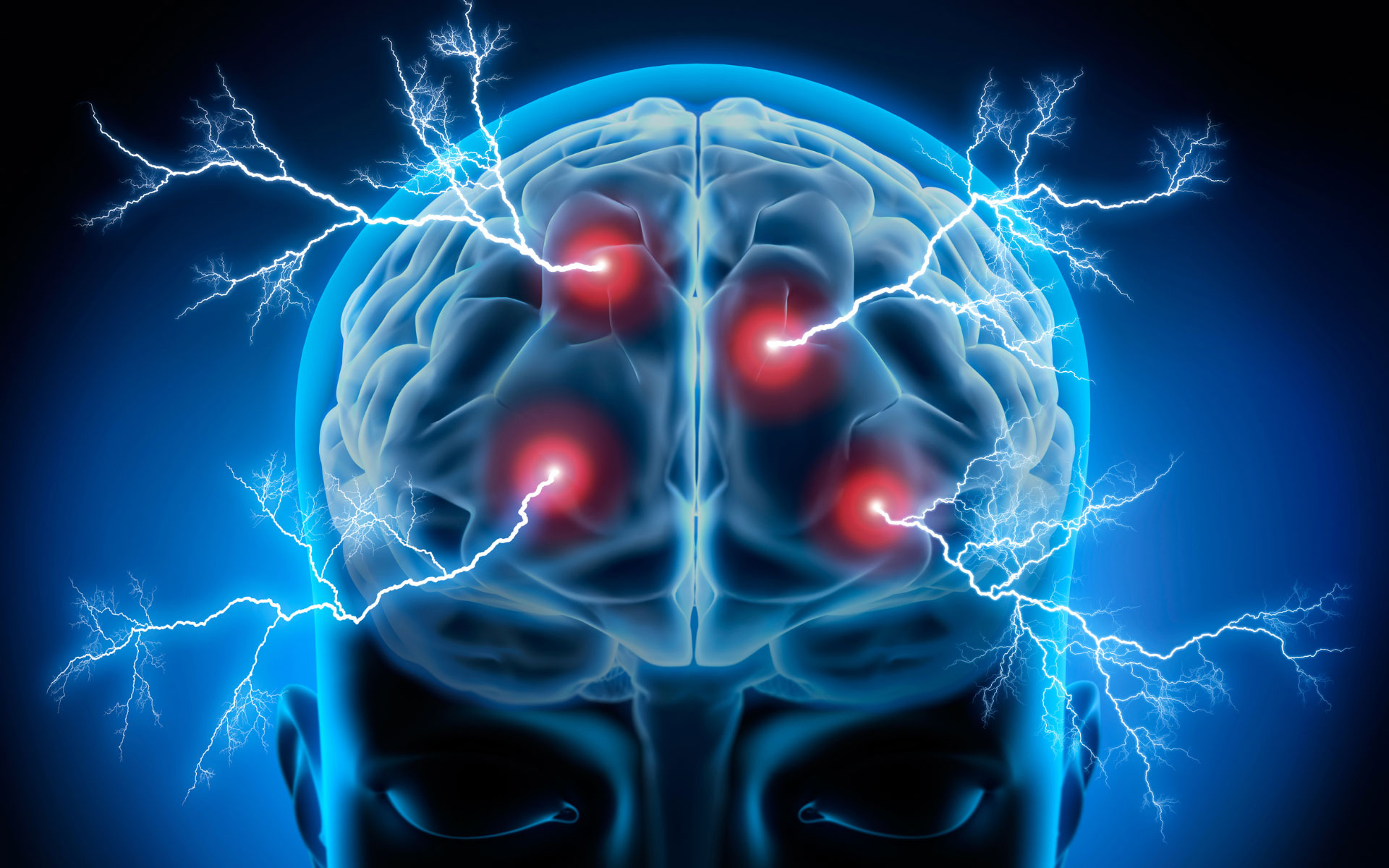How Trauma Affects The Brain: A Guide on PTSD & Addictions
As a therapy practice, we witness firsthand the devastating impact of trauma. It can leave a deep scar on the soul, a constant ache that whispers of a past we desperately want to outrun. But sometimes, the escape route we choose leads us down a darker path – the path of addiction. Today, we want to explore the complex connection between trauma and addiction and offer hope for those trapped in this vicious cycle. It will also help anyone understand how trauma affects the brain and why we choose these paths to escape from our trauma with unhealthy addictions.
Imagine this: you're walking down a dark alley, the air thick with tension. Suddenly, you're assaulted, the world shrinking to the sharp edge of fear. The memory of that terror can linger long after the physical threat is gone. It can manifest as anxiety, flashbacks, or a pervasive feeling of unsafety. These are all common responses to trauma, and while some people find healthy ways to cope, others turn to substances that offer a temporary recess.
The Soothing Lie of Addiction

There's a seductive allure to substances after experiencing trauma. Drugs and alcohol can act like a numbing blanket, temporarily muffling the emotional pain. The initial relief can be powerful, convincing you that you've finally found a way to silence the demons. But this is a dangerous illusion.
Over time, addiction becomes a self-perpetuating cycle. The substance you initially used to escape the pain becomes the source of new problems. Relationships suffer, jobs are lost, and your physical health deteriorates. The very thing that offered comfort now fuels your anxiety and creates a desperate need for more. This is when you might recognize the signs of trauma-related addiction:
Emotional Dependence: Using substances becomes the go-to strategy for managing difficult emotions like anger, sadness, or fear.
Loss of Control: Despite the negative consequences, you find it increasingly difficult to stop using or even moderate your intake.
Tolerance: You need more and more of the substance to achieve the same effect, creating a dangerous escalation.
Negative consequences: Despite the negative impacts on your relationships, work, or health, you continue to use.
Breaking Free: It's Not About Erasing the Past
Healing from trauma and addiction is a journey, not a destination. It's not about erasing the past, but rather about learning to live with it in a way that no longer controls you. Here are some practical steps you can take to break the cycle:
Acknowledge the Connection: The first step is recognizing the link between your trauma and your addiction. Understanding the root cause empowers you to address both issues simultaneously.
Seek Professional Help: Trauma-informed therapy is crucial for healing the emotional wounds from your past. A therapist will create a safe space for you to explore your experiences and develop healthy coping mechanisms.
Join a Support Group: Surrounding yourself with others who understand your struggles can be incredibly validating. Support groups offer a sense of belonging and empower you to learn from each other's experiences.
Practice Self-Care: Trauma and addiction take a toll on your mind, body, and spirit. Prioritize activities that nourish you, such as exercise, healthy eating, sleep hygiene, and mindfulness practices. These tools will increase your resilience and emotional well-being.

How Trauma Affects the Brain
Trauma has profound effects on the brain, altering its structure and function. When a person experiences trauma, their brain goes into survival mode, which can lead to several long-term changes:
- Amygdala Hyperactivity: The amygdala, the brain's fear center, becomes hyperactive, increasing anxiety and fear responses.
- Hippocampus Shrinkage: The hippocampus, responsible for memory and learning, can shrink, causing memory problems and difficulty distinguishing between past and present threats.
- Prefrontal Cortex Impairment: The prefrontal cortex, which helps with decision-making and impulse control, may become less active, making it harder to regulate emotions and behavior.
Understanding these changes helps explain why trauma can lead to conditions like PTSD and addiction, as the brain's altered state affects how individuals process stress and seek relief. This is why it's difficult to decide the healthy routes of recovery and choose a gateway that can temporarily relieve the sensation from the brain to the body.
Practical Tips for Daily Life
The road to recovery is paved with small, consistent steps. Here are some practical tips you can incorporate into your daily routine:
Identify Your Triggers: What situations or emotions typically lead you to crave a substance? Once you recognize your triggers, you can develop healthy coping mechanisms to manage them.
Mindfulness Techniques: Techniques like deep breathing, meditation, and progressive muscle relaxation can help manage stress and anxiety, reducing the urge to self-medicate.
Develop Healthy Habits: Build a life that supports your recovery. Connect with supportive friends and family, pursue hobbies you enjoy, and engage in activities that bring you a sense of purpose and accomplishment.
Celebrate Your Progress: Recovery is a marathon, not a sprint. Acknowledge and celebrate your victories, no matter how small. This will boost your confidence and keep you motivated on your journey.
Connect Clinical Services: Your Partner in Healing
At Connect Clinical Services, we understand the complexities of trauma and addiction. We offer a compassionate and comprehensive approach to healing, integrating trauma-informed therapy with evidence-based addiction treatment programs. Our team of experienced clinicians will work with you to develop a personalized recovery plan that addresses your unique needs.
Remember:
You are stronger than you think
